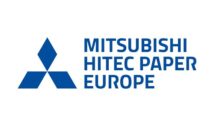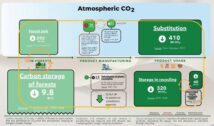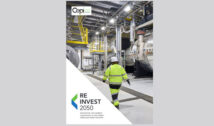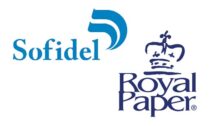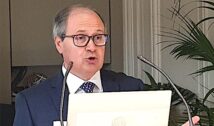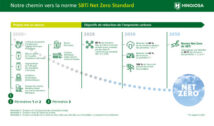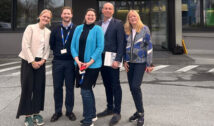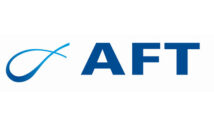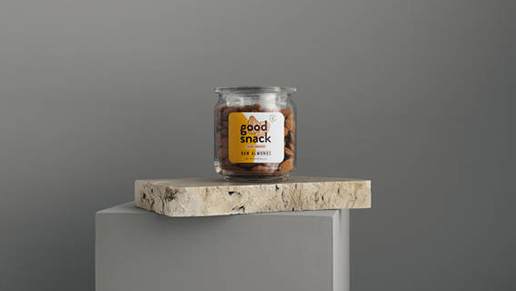
UPM Raflatac is proud to announce the ambitious commitments it is making to reduce unnecessary plastic packaging as a signatory to the Ellen MacArthur Foundation’s New Plastics Economy Global Commitment. UPM Raflatac is the only label supplier among the more than 350 organisations announcing commitments, which include many of the world’s largest packaging producers, brands, retailers, recyclers, governments and NGOs.
“As the world’s most sustainable labeling company and a packaging solutions provider, we know collaboration for sustainability is critical. That is why we joined with other leaders in signing the Ellen MacArthur Foundation New Plastics Economy Global Commitment,” says Robert Taylor, Sustainability Director, UPM Raflatac. “This is one of the most important steps we have taken as a company to develop more circular solutions for plastic packaging.”
The company’s specific commitments are :
- Developing labeling solutions and partnerships that support UPM Raflatac’s customers in achieving their target of 100 percent of plastic packaging to be reusable, recyclable or compostable by 2025.
- Offering materials that enable companies to reduce unnecessary plastic packaging.
- Offering paper and films with a range of recycled content that are suitable and safe for different end-uses.
- Developing labeling solutions that promote reusable packaging solutions.
- Developing partnerships that will grow its RafCycle recycling programme and enable partnering end-users to return 100 percent of their PET and paper label liners.
- Sourcing 100 percent of the plastic packaging it uses in its production units to be reusable, recyclable or compostable by 2025.
- As part of UPM, the Biofore Company, developing renewable alternative labeling solutions to support moving beyond fossils towards net positivity.
- Targeting zero waste to landfill in all production units in line with UPM’s published 2030 targets.
“Labels matter when it comes to sustainability in packaging and play a unique role in enabling the circular economy. Through our commitments, we want to do our part in reducing unnecessary plastic packaging and set concrete targets to create future innovative circular materials,” adds Timo Kekki, Vice President, Films, UPM Raflatac. “We invite customers, brand owners and other like-minded stakeholders with targets of their own to join us in labeling a smarter future beyond fossils.”
The New Plastics Economy Global Commitment aims to create “a new normal” for plastic packaging. At the heart of the Global Commitment is a vision of a circular economy for plastic, where plastics
never become waste. Each signatory formally endorses the vision and the need to work towards achieving it.
Targets will be reviewed every 18 months, and become increasingly ambitious over the coming years. Businesses that sign the commitment will publish annual data on their progress to help drive momentum and ensure transparency.


